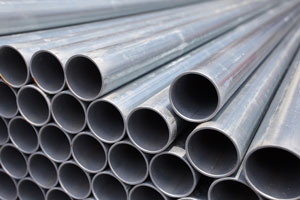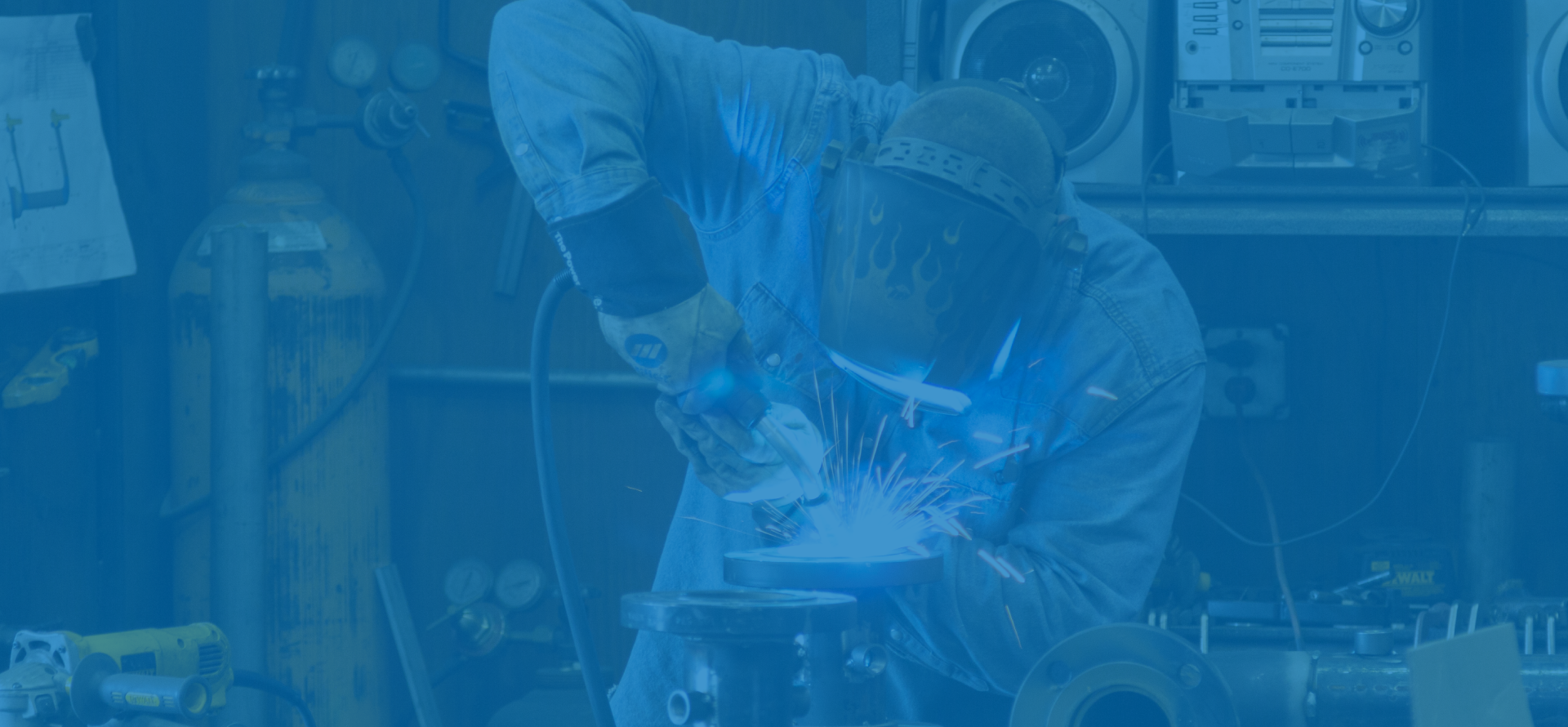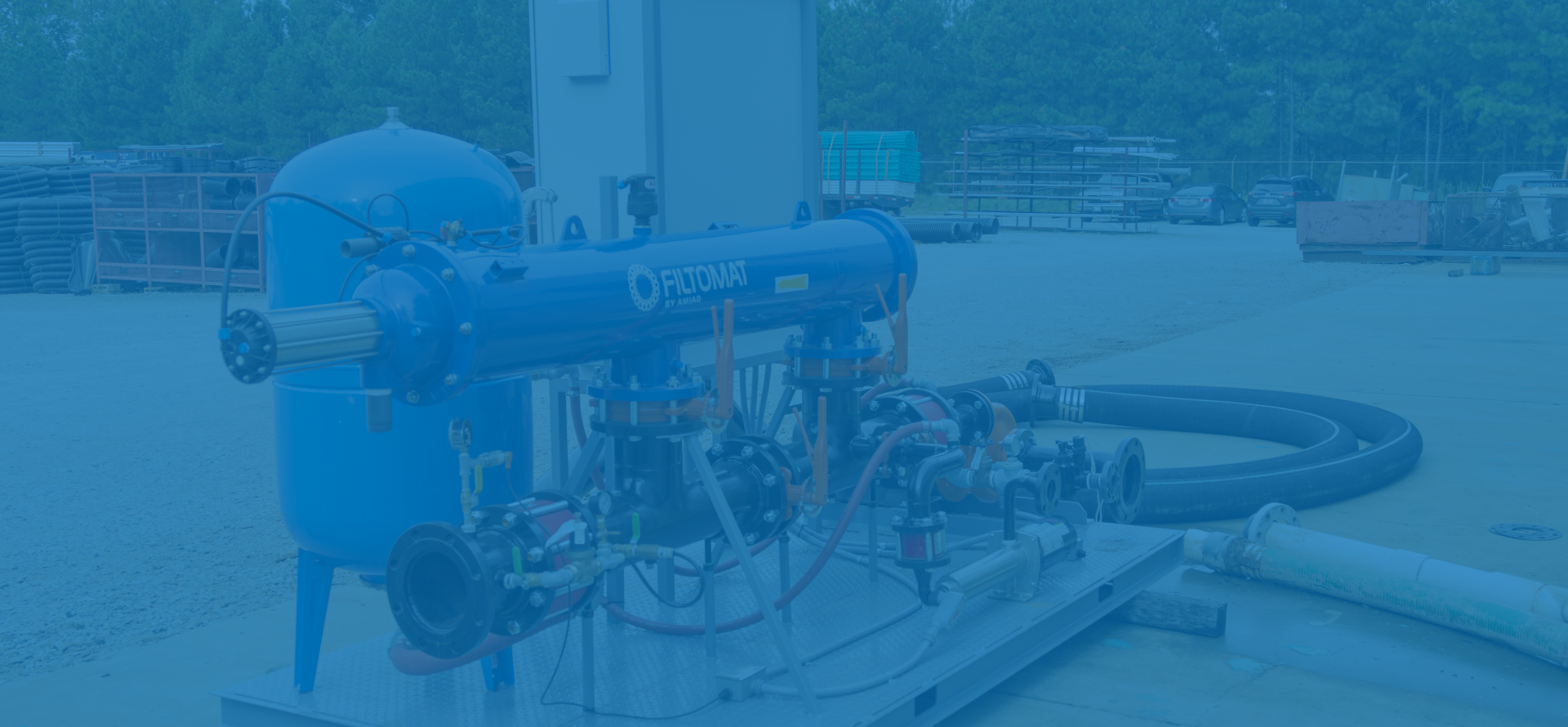Here’s how to choose the right piping for your business.

When it comes to piping for your factory, you need to make sure that you’ve picked the right material for the job. Sometimes more than one can be used for an application. Each of the major types — industrial plastics like PVC, mild and stainless Steel, and aluminum — have specific features that make them a better pick than the others for specific uses.
Industrial Plastics/PVC
PVC pipes are light, low maintenance, and low cost. They can be rigid or flexible with a plasticizer. This material is used for two-thirds of water distribution pipes and three-quarters of sanitation pipes. PVC pipe joints can be fused together, leaving them impervious to leaks. PVC does have limitations. For instance, it can be more prone to cracking in extreme cold situations.
Aluminum
Aluminum’s lightweight, strength, and resistance to corrosion make it a great choice for many construction applications. A softer metal than steel, it is easy to cut, weld, machine, and thread. There are a number of alloys of aluminum available for piping and tubes. Some offer better resistance to corrosion, while others feature easier cutting. Aluminum pipes can be used for irrigation and movement of fluids like oil. Corrosion can be an issue over time and in some applications where pipes will be exposed.
Steel and Stainless Steel
Steel is a highly durable material, which can make it the more desirable choice in many situations. It can be used for both water and sewage pipes. Structural steel pipes are used in a number of construction applications, such as handrails, fencing, and steel columns. The material handles heat well, making it a great choice for exhaust and chimney pipes.
Stainless steel contains higher levels of chromium, which lead to its brighter finish and resistance to corrosion. The chromium forms a barrier against moisture, which means that stainless steel is much less likely to rust and corrode than mild steel or aluminum. The bright finish of polished stainless steel is a good aesthetic choice for exposed pipes. It also offers great protection against the elements.
When looking at pipe choices for your factory, you will have to measure the strengths of each material against one another and against your specific priorities. By considering cost, ease of work, strength, and other factors, you can find the material that will serve your needs best.
Looking for a more detailed overview? Contact WP Law today to arrange a no-obligation consultation.








